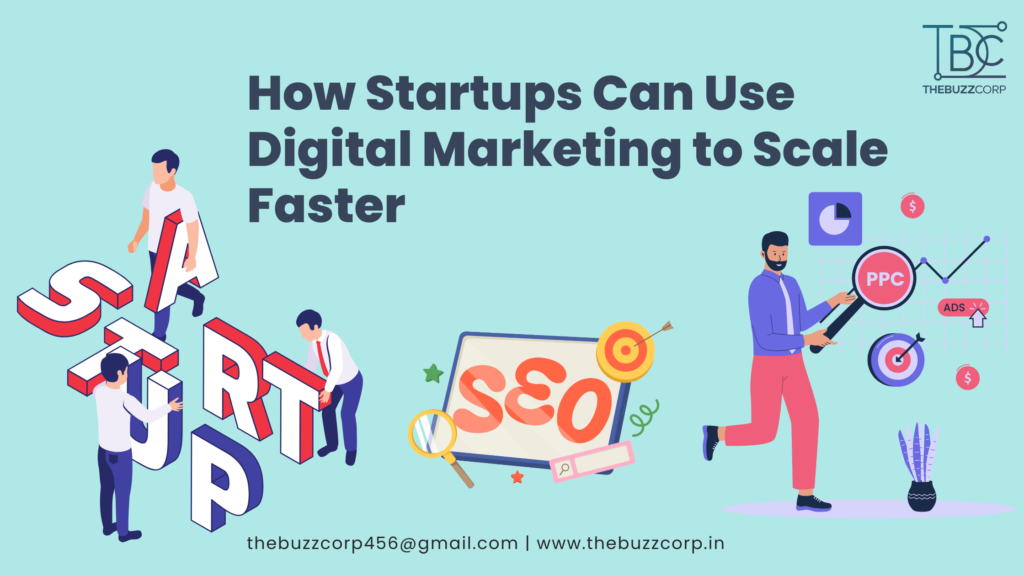How Startups Can Use Digital Marketing to Scale Faster 🚀
Are you a startup founder looking to grow your business quickly? Scaling a startup is challenging, especially with limited resources and fierce competition. However, digital marketing offers cost-effective strategies to reach a broader audience and drive growth. In this blog, we’ll explore actionable digital marketing tactics to help your startup scale faster.
1. Develop a Comprehensive Digital Marketing Plan
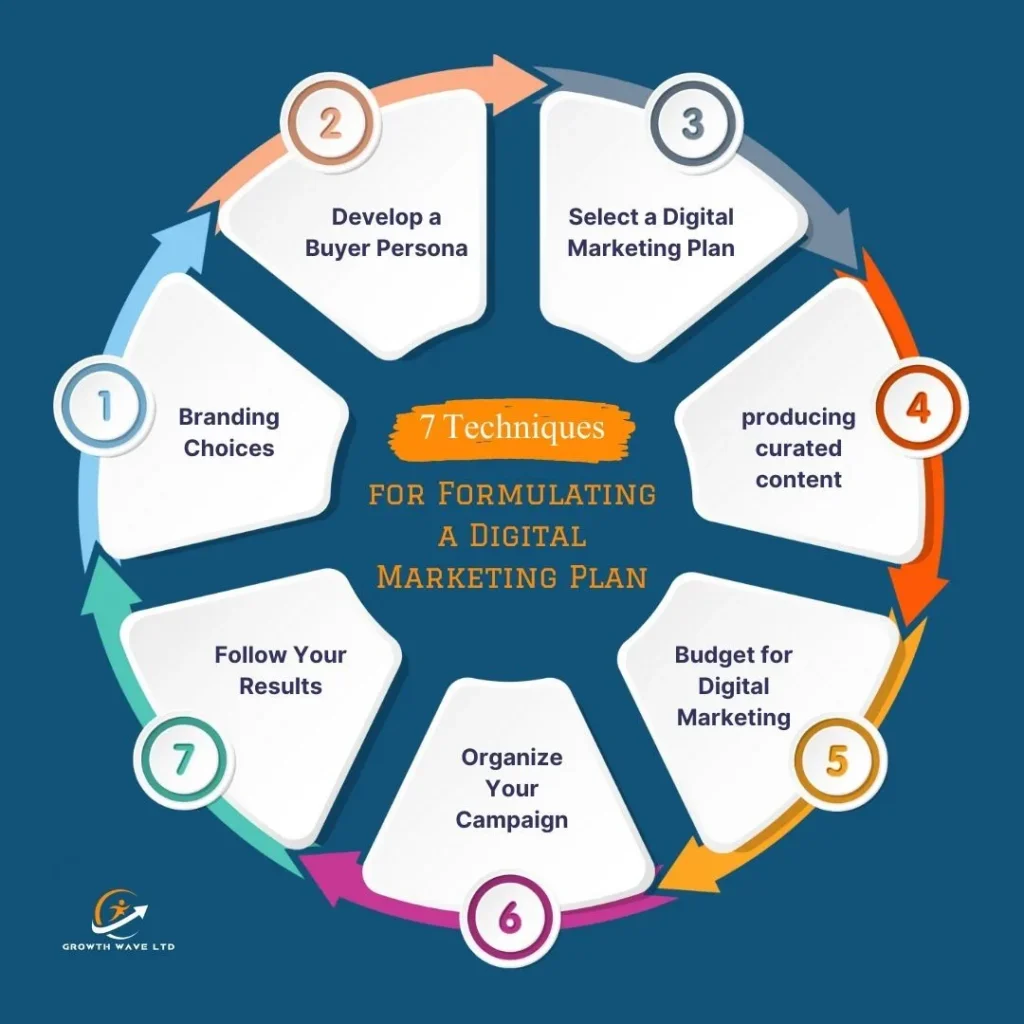
A well-structured plan is the foundation of successful digital marketing. Here’s how to create one:
- Identify Your Target Audience: Understand who your customers are and what they need.
- Set Clear Objectives: Define what you want to achieve with your marketing efforts.
- Choose Appropriate Channels: Select platforms where your audience is most active.
- Allocate Budget Wisely: Invest in channels that offer the best return on investment (ROI).
2. Leverage Social Media Platforms
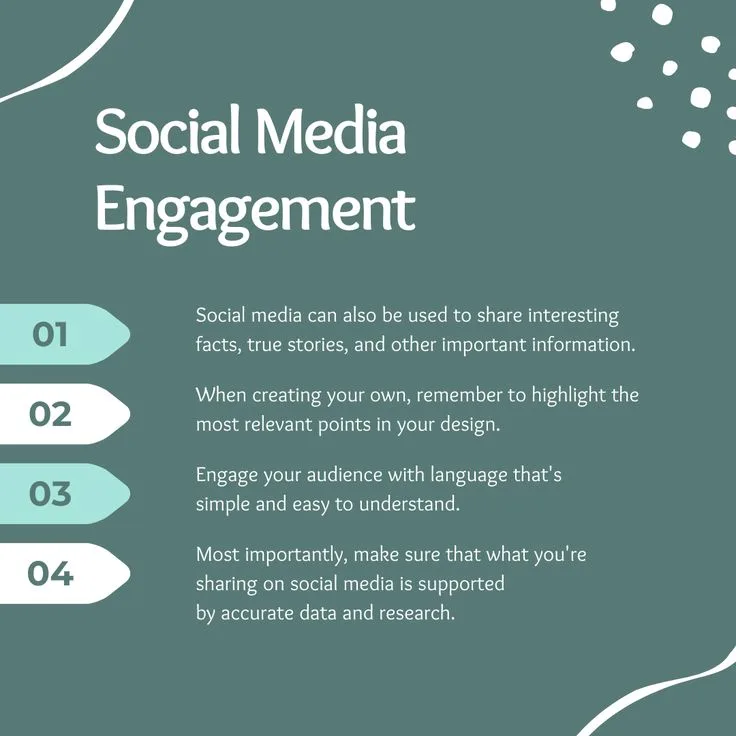
Social media is a powerful tool for startups to build brand awareness and engage with customers.
- Choose the Right Platforms: Focus on platforms that align with your brand and audience.
- Create Engaging Content: Share valuable and relevant content to attract followers.
- Interact with Your Audience: Respond to comments and messages promptly to build relationships.
3. Invest in Search Engine Optimization (SEO)
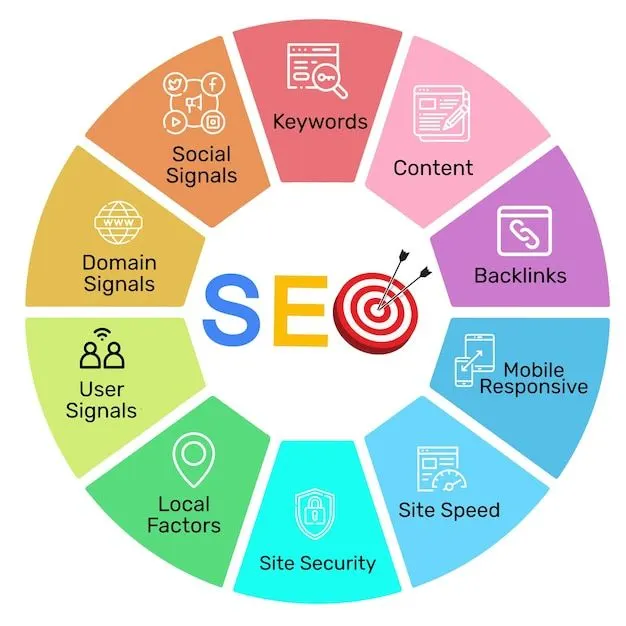
SEO helps your website rank higher on search engines, increasing visibility and organic traffic.
- Conduct Keyword Research: Find terms your potential customers are searching for.
- Optimize On-Page Elements: Use keywords in titles, meta descriptions, and content.
- Build Quality Backlinks: Earn links from reputable sites to boost authority.
4. Utilize Content Marketing
Creating valuable content positions your startup as an industry expert and attracts potential customers.
- Start a Blog: Share insights, tips, and industry news.
- Produce Videos: Create tutorials or product demos to engage visual learners.
- Offer Free Resources: Provide e-books or guides in exchange for contact information.
5. Implement Pay-Per-Click (PPC) Advertising
PPC ads can drive immediate traffic to your website.
- Set Clear Goals: Determine what you want to achieve with your ads.
- Target Specific Audiences: Use demographics and interests to reach the right people.
- Monitor and Adjust Campaigns: Regularly review performance and make necessary changes.
6. Harness the Power of Email Marketing
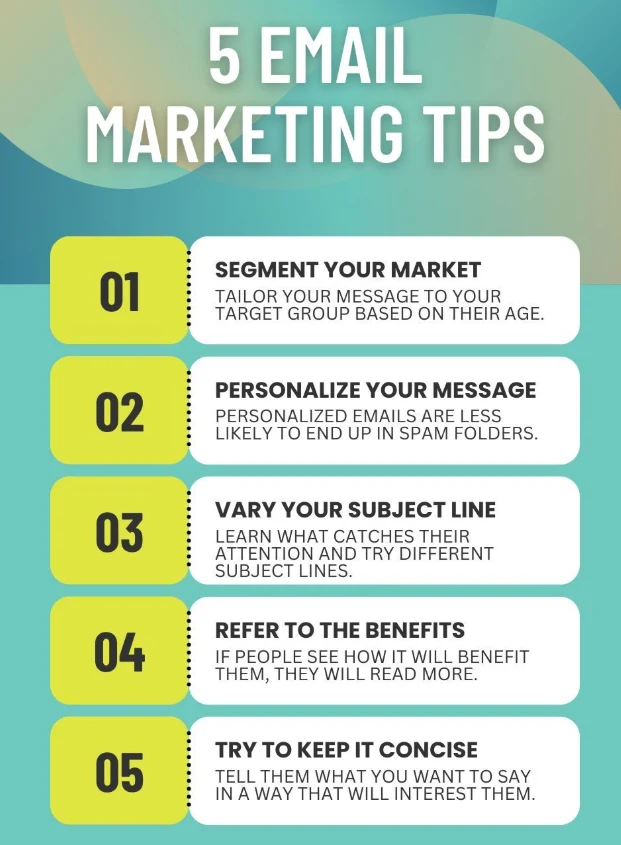
Email marketing is an effective way to nurture leads and maintain customer relationships.
- Build an Email List: Collect emails through sign-up forms and offers.
- Segment Your Audience: Group subscribers based on interests or behaviors.
- Personalize Your Messages: Tailor content to each segment for better engagement.
7. Analyze and Optimize Your Strategies
Regular analysis ensures your digital marketing efforts are effective.
- Use Analytics Tools: Track website traffic, conversion rates, and other metrics.
- Identify Successful Tactics: Focus on strategies that yield the best results.
- Make Data-Driven Decisions: Use insights to adjust and improve your campaigns.
Common Digital Marketing Mistakes Startups Should Avoid ⚠️
Are you a startup eager to make your mark online? Navigating the digital marketing landscape can be challenging, and missteps can hinder your growth. In this guide, we’ll highlight common digital marketing mistakes startups make and provide actionable solutions to steer clear of them.
1. Lack of Clear Goals and Objectives
Mistake: Jumping into digital marketing without specific goals.
Solution: Define clear, measurable objectives. For example:
- Increase website traffic by 30% in six months.
- Achieve a 20% boost in social media engagement within three months.
Setting precise goals directs your efforts and resources effectively.
2. Neglecting Target Audience Research
Mistake: Not understanding who your ideal customers are.
Solution: Conduct thorough market research to identify your target audience’s demographics, preferences, and pain points. This ensures your marketing messages resonate and attract the right audience.
3. Inconsistent Branding
Mistake: Presenting varied logos, colors, or messages across platforms.
Solution: Develop a cohesive brand identity. Maintain uniformity in:
- Logos and color schemes
- Tone of voice
- Visual elements
Consistency builds brand recognition and trust.
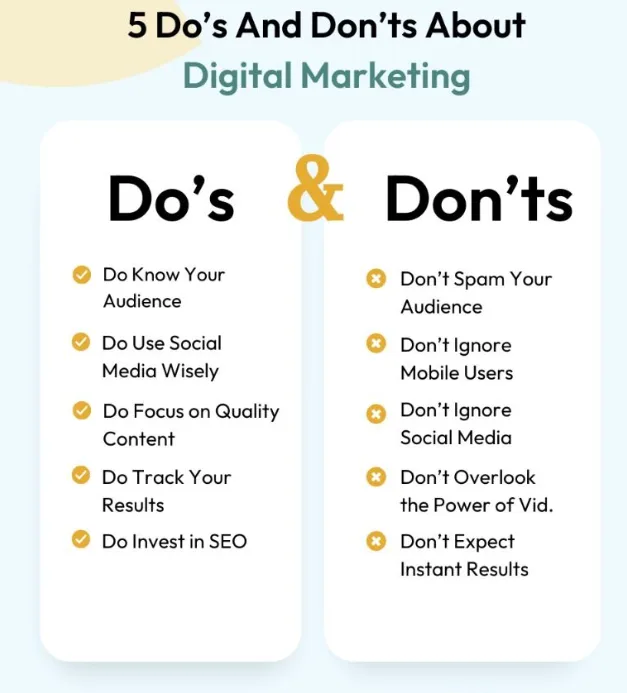
4. Ignoring Mobile Optimization
Mistake: Overlooking mobile users in your digital strategy.
Solution: Ensure your website and content are mobile-friendly. With a significant number of users accessing content via mobile devices, optimization enhances user experience and search rankings.
5. Overlooking SEO Best Practices
Mistake: Not prioritizing search engine optimization.
Solution: Implement SEO strategies such as:
- Keyword research and integration
- Optimizing meta tags and descriptions
- Creating high-quality, relevant content
This improves your website’s visibility on search engines.
6. Focusing Solely on Paid Advertising
Mistake: Relying only on paid ads for traffic and leads.
Solution: Diversify your marketing efforts. Combine paid advertising with:
- Content marketing
- Social media engagement
- Email marketing
A balanced approach ensures sustainable growth and reduces dependency on paid channels.
7. Neglecting Data Analysis
Mistake: Making decisions without analyzing performance data.
Solution: Regularly review analytics to understand what’s working. Use tools like Google Analytics to monitor:
- Website traffic sources
- User behavior
- Conversion rates
Data-driven decisions lead to more effective strategies.
8. Ignoring Social Media Engagement
Mistake: Using social media only for broadcasting messages.
Solution: Engage with your audience by:
- Responding to comments and messages promptly
- Sharing user-generated content
- Running interactive polls or Q&A sessions
Active engagement fosters community and loyalty.
9. Not Setting a Marketing Budget
Mistake: Proceeding without a defined marketing budget.
Solution: Allocate a specific budget for marketing activities. This ensures:
- Efficient resource utilization
- Ability to measure return on investment (ROI)
- Avoidance of overspending
10. Overlooking Email Marketing
Mistake: Dismissing email as an outdated channel.
Solution: Leverage email marketing to:
- Nurture leads
- Share updates and promotions
- Build customer relationships
Personalized email campaigns can yield high engagement and conversions.
Common Digital Marketing Mistakes: A Quick Reference Table
| Mistake | Solution |
| Lack of Clear Goals | Set measurable objectives |
| Neglecting Target Audience Research | Conduct thorough market research |
| Inconsistent Branding | Maintain cohesive brand identity |
| Ignoring Mobile Optimization | Ensure mobile-friendly content |
| Overlooking SEO Best Practices | Implement effective SEO strategies |
| Focusing Solely on Paid Advertising | Diversify marketing efforts |
| Neglecting Data Analysis | Regularly review performance analytics |
| Ignoring Social Media Engagement | Actively engage with your audience |
| Not Setting a Marketing Budget | Define and allocate a specific budget |
| Overlooking Email Marketing | Utilize personalized email campaigns |
Conclusion
Scaling a startup requires strategic planning and effective use of digital marketing. By implementing the strategies outlined above, your startup can reach a wider audience, build strong customer relationships, and achieve rapid growth.
Call to Action
Ready to take your startup to the next level? Contact TheBuzzCorp today for personalized digital marketing solutions designed to accelerate your growth.
FAQs
Q1: How can startups measure the success of their digital marketing efforts?
Startups can use tools like Google Analytics to monitor website traffic, conversion rates, and user behavior. Tracking key performance indicators (KPIs) helps in assessing the effectiveness of marketing strategies.
Q2: What is the most cost-effective digital marketing strategy for startups?
Content marketing is often cost-effective, as creating valuable content can attract organic traffic without significant ad spend. Additionally, leveraging social media platforms can provide free exposure and engagement opportunities.
Q3: How important is mobile optimization in digital marketing?
With the increasing use of mobile devices, ensuring your website and content are mobile-friendly is crucial. Mobile optimization improves user experience and can positively impact search engine rankings.
Q4: Why is setting clear marketing goals important for startups?
A4: Clear goals provide direction, help measure success, and ensure efficient use of resources.
Q5: How can I identify my target audience effectively?
A5: Conduct market research, analyze competitors, and gather feedback to understand your ideal customers’ demographics and preferences.
Q6: What are some key elements of effective SEO?
A6: Important elements include keyword research, quality content creation, and optimizing website structure and meta tags.

